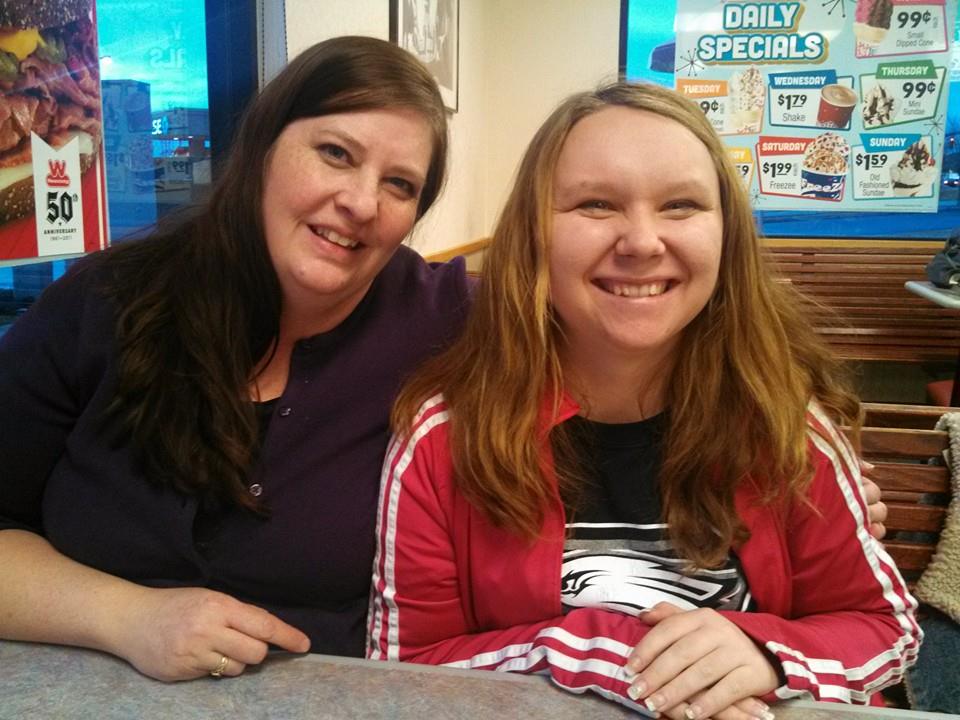Get Close Enough to Help People with Post Traumatic Stress Disorder
Psychologists call them triggers. They could be events, objects, sensory stimulations or even words. When a person who has experienced severe trauma is confronted with anything that they have psychologically associated with a horrifying event, the stress can become unbearable. In severe cases, the trigger can even create a flashback, carrying the victim back in time to relive the actual event, completely unaware of present surroundings.
Our book club was recently reading a biography about a man who had been imprisoned in a Japanese prison camp during World War II, where all of the inmates of the camp suffered horribly. Upon returning home, many of these heroes we’re invited time and again to banquets and galas in their honor. At one such event, one of the honorees who suffered from PTSD was served a nice meal that had a serving of rice on the plate. He went berserk.
Food choices are not triggers for the traumatized persons in our family. Our daughters associate plain potatoes, weak, brothy soups, and bland, hardboiled eggs from the orphanage as comfort foods that replaced the emaciating emptiness that had always filled their stomachs before they were removed from a horribly neglectful and abusive home. My girls tie spaghetti marinara, barbecued shrimp, Buffalo wings and several other foods they first had at our hotel in Russia, to times of love, unbridled attention (a scarcity in an orphanage) and of being good enough to be chosen to be in a family (how sad is that?). My daughters do have food issues, though. Before we realized what was going on, there were several occasions when we withheld a meal as a punishment (a child may have been sent to bed without dinner, though calorie intake for a day would have been far more than adequate). You would have thought that the world was coming to an end. What we didn’t realize, was that we were psychologically sending our daughters back to an abandoned shack, with dirt floors, no electricity, and often, patches of snow on the floor (where holes in the roof shown through to the sky), while their little bellies ached from perpetual emptiness.
Though there are others, the big trigger for traumatized members of our family is snow. Our oldest daughter, who was fifteen when she joined our family and rejoined her biological sisters, tells stories of her and a sister being sent out into the snow, without shoes or any other clothing—besides filthy underwear—while a desperate mother attended to clients in the shack. Both of those daughters tell us that they really thought they would actually die from the cold. It’s a wonder they didn’t.
Christmas is a big deal in the Simmons household. Amy dresses the house to the nines. Jack, our nineteen year-old with Down syndrome experiences his favorite time of year. Even our daughters with trauma love most of the Christmas season. But while the rest of our small mountain valley prays for a white Christmas, Amy and I pray for peace for our daughters. Memories of snow in other places are not kind to them.
All people who suffer from severe trauma have triggers (even if they do not have Post Traumatic Stress Disorder). Avoiding those triggers as much as possible helps the person most. A little bit of extra comfort or attention at times when trigger avoidance is impossible also helps, but it can backfire if it is too obvious or obtuse. At our house, a big party (designed to distract) during a snowstorm would only make the event that much more overwhelming.
Those of us with family members who suffer don’t like to whine. We don’t want to seem different, or have you feel like you should give us special treatment, so most times we won’t say anything. But we would treasure a simple conversation in passing (when the affected person isn’t around) in which you ask if there are areas where you could help us to minimize the trauma that terrorizes our loved ones.
If your neighbor’s son was drinking a Gatorade at the time his Humvee hit an improvised explosive device, and you brought a cooler of those drinks to a neighborhood street party, that event alone could be catastrophic. But if you showed up at my house with a box of hot cocoa mixes for my daughters during a snowstorm, you might be mistaken for an angel.
More blog articles by John M. Simmons about Disorders/Mental Illness

